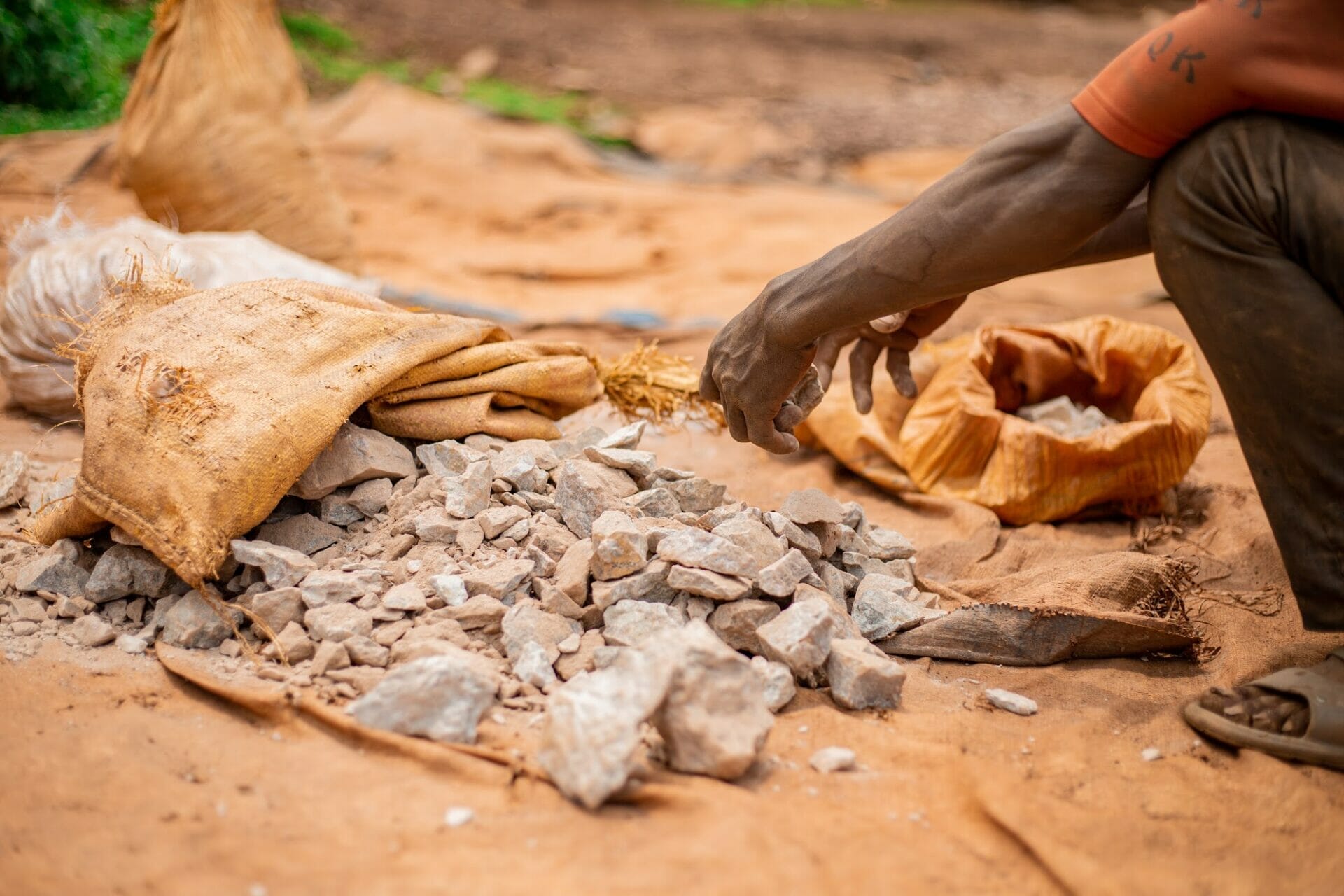News > Blog
Responsible Gold Innovation Facility Announces Five Inaugural Awards
Published 02/23/2022 by Global Communities


Fund established by USAID’s Zahabu Safi (Clean Gold) Project, implemented by Global Communities in partnership with Levin Sources, to catalyze innovations advancing sustainable artisanal gold supply chain in Democratic Republic of the Congo
To support activities and investments upstream in the Democratic Republic of the Congo’s (DRC) artisanal gold supply chain, USAID’s Zahabu Safi (Clean Gold) Project is awarding five inaugural co-investors and grant recipients funds from its Responsible Gold Innovation Facility (RGIF). The RGIF incentivizes investment in responsible gold supply chains from eastern DRC and in artisanal and small-scale mining communities.
Recognizing that catalytic grants, private sector partnerships and strategic investments can all play a role in creating a sustainable artisanal gold supply chains in a conflict-affected country like DRC, USAID’s Zahabu Safi (Clean Gold) Project established a U.S. $1 million public-private partnership investment platform with three distinct co-investment windows to support new approaches to overcome specific barriers in scaling the export of responsible artisanal gold from the country.
The project will partner with the following organizations to support activities and investments upstream in the artisanal gold supply chain:
BEPSEE and N’SEEBA INKLUZION are two DRC-based organizations who have expertise in designing and delivering financial literacy and readiness programs. Both organizations will collaborate to support Zahabu Safi-supported artisanal mining cooperatives and the larger community in financial management, savings, and investment best practices. BEPSEE’s approach to financial inclusion is to support cooperatives in the improvement of their financial management systems and internal controls, as well as support their efforts to mobilize capital. N’SEEBA will work with artisanal and small-scale mining (ASM) community members on best practice savings behaviors via the establishment of Village Savings and Loans Associations, which can then be digitized and converted into a financial inclusion service in partnership with local banks. With activities that are both supply chain and community facing, BEPSEE and N’SEEBA Inkluzion will directly support access to finance activities that are being implemented by the project to facilitate responsible sourcing of artisanal gold from eastern DRC.
Coopérative FOPD-AV is a cooperative comprised of 132 miners and 18 traders with operations in both South Kivu and Maniema. In partnership with the USAID Zahabu Safi (Clean Gold) Project, FOPD will provide training sessions to fellow project-supported cooperatives implied in project-supported supply chains originating from South Kivu. Training sessions will focus on conflict resolution and communication with their respective communities. One of the expected outcomes of this partnership is to establish a security infrastructure to prevent conflict and theft within the supply chain. FOPD’s activities support the project’s vision for cooperative-cooperative networking and best practice sharing in support of the project’s responsible sourcing goals.
Mazal Corporation is a DRC-based start-up that is currently providing incubation services to artisanal and small-scale mining companies. Through its affiliate branch, DES-Engineering, Mazal has developed a prototype for a locally designed and manufactured solution to eliminate the use of mercury in the ASM production process. This solution has been piloted in Shabunda, South Kivu province with MAZAL incubated cooperatives. With a co-investment from the RGIF, Mazal intends to pilot its solution across project-supported sites.
Wa Balengela Kasai (WBK) Investments is a project-supported industrial mine title holder and export partner. With a co-investment from the RGIF, WBK acquired geological services and other technical consulting services to complete a site survey, as well as develop a commercialization and risk management place for integrating artisanal mining operations into their industrial mining business model. With these outputs, WBK intends to export responsibly-sourced gold by the end of February 2022.
A second call for applications for Catalytic Grants via the RGIF was announced in December 2021, with submissions due by May 15th, 2022. Information on this opportunity can be found here in English and in French.
The project anticipates launching the Debt/Equity Window of the RGIF during the first quarter of 2022 in partnership with two DRC-based banks who are actively developing products and services to expand lending to artisanal mining cooperatives, traders and exports in DRC. Through this collaboration, the project will create the first of its kind blended finance solution for promoting financial inclusion of artisanal and small-scale mining operators in eastern DRC. The Corporate Social Investment Window will launch later this calendar year.
About USAID’s Zahabu Safi (Clean Gold) Project: USAID’s Zahabu Safi (Clean Gold) Project is made possible due to the support of the American people through USAID and implemented by Global Communities in partnership with Levin Sources. The economic development initiative aims to establish a commercially viable, conflict-free artisanal and small-scale mining gold supply chain in eastern DRC. The project also contributes to reducing instability in the DRC—which has more than 1,100 minerals worth nearly $24 trillion—by linking artisanal miners to responsible gold buyers in international markets to increase their commercial opportunities.
About Global Communities: Global Communities works at the intersection of humanitarian assistance, sustainable development and financial inclusion to save lives, advance equity and secure strong futures. We support communities at the forefront of their own development in more than 35 countries, partnering with local leaders, governments, civil society and the private sector to achieve a shared vision of a more just, prosperous and equitable global community. Learn more at globalcommunities.org.
